Carnegie study finds climate impact of particulates varies greatly depending on where the pollution originated
Green Car Congress
AUGUST 20, 2018
However, while greenhouse gases cause warming by trapping heat in the atmosphere, some aerosols can have a cooling effect on the climate because the aerosol particles cause more of the sun’s light to be reflected away from the planet. In many cases, the strongest climate effects of aerosols are felt far from where the aerosols are emitted.










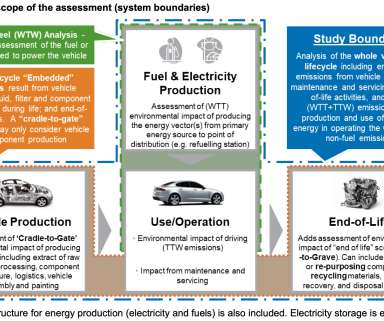

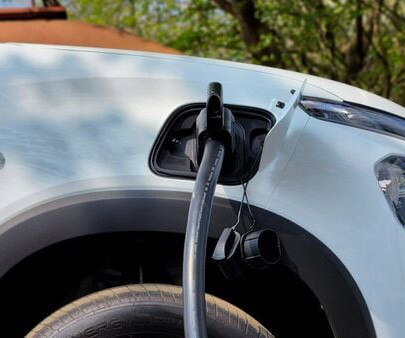
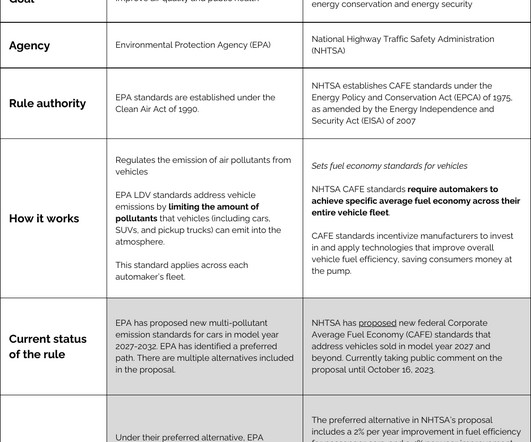







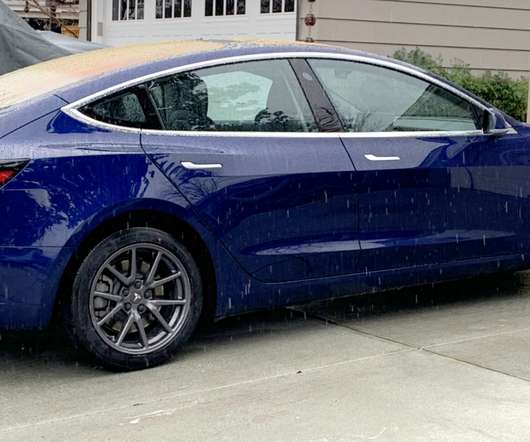








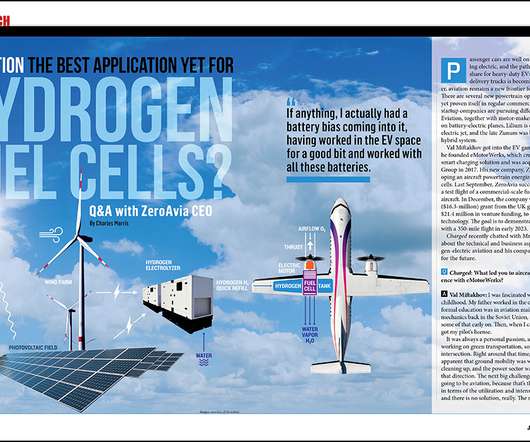
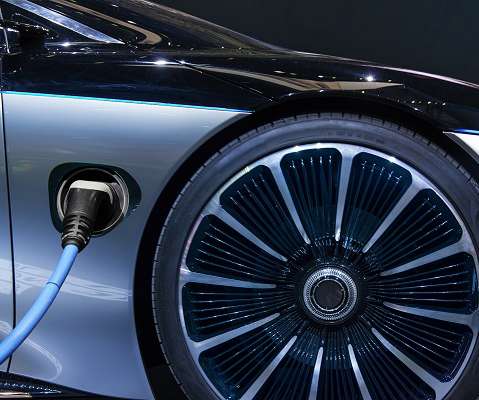








Let's personalize your content